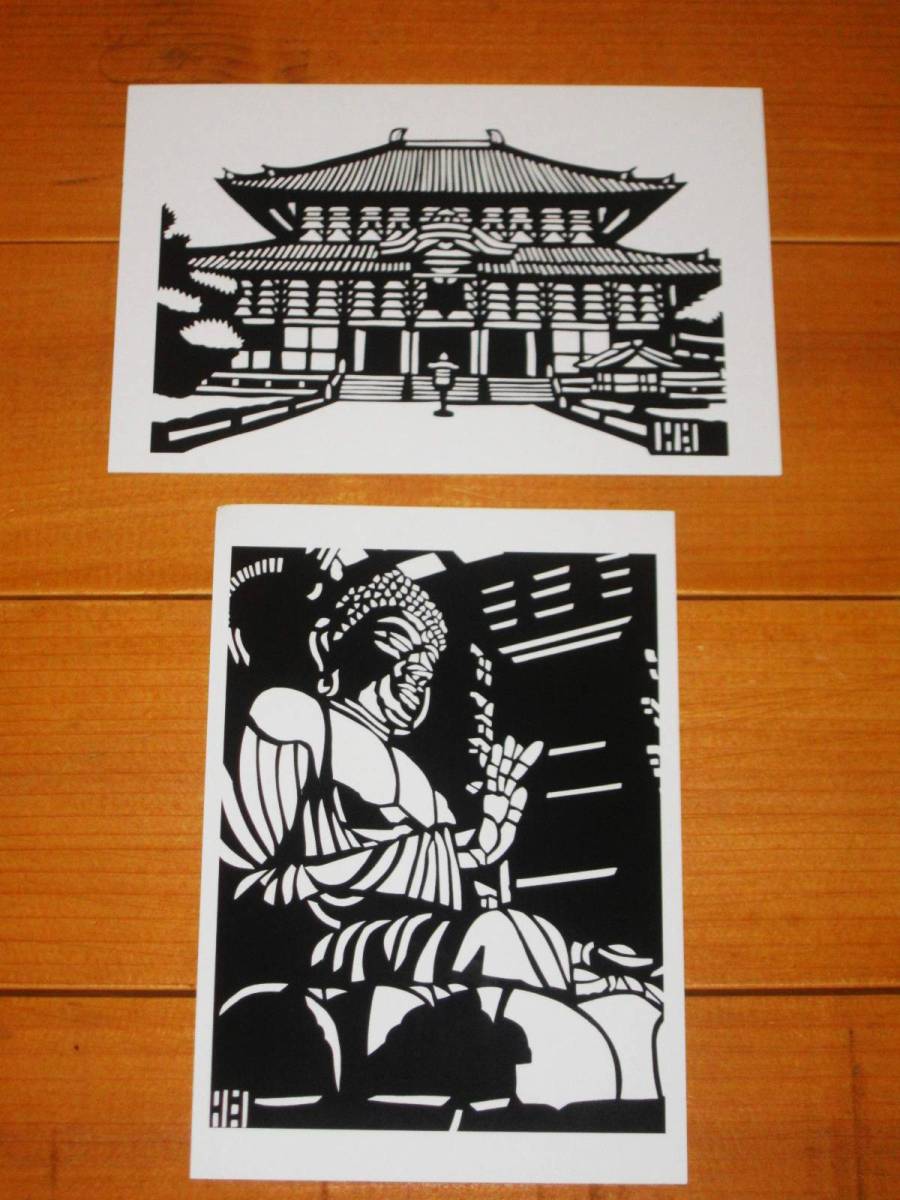京都・奈良 仏像、お寺、国宝 ポストカード まとめ売り
(税込) 送料込み
商品の説明
京都や奈良の寺、都内で開催された国宝展などで20年くらい前に購入したポストカードとなります。
約180枚です。
形式...ポストカード商品の情報
| カテゴリー | おもちゃ・ホビー・グッズ > 美術品 > 写真 |
|---|---|
| 商品の状態 | 新品、未使用 |

楽ギフ_包装】 京都 奈良 仏像 お寺 国宝 ポストカード まとめ売り

京都・奈良 仏像、お寺、国宝 ポストカード まとめ売り 写真

京都・奈良 仏像、お寺、国宝 ポストカード まとめ売り 写真

京都・奈良 仏像、お寺、国宝 ポストカード まとめ売り 写真

京都・奈良 仏像、お寺、国宝 ポストカード まとめ売り 写真

京都・奈良 仏像、お寺、国宝 ポストカード まとめ売り 写真

京都・奈良 仏像、お寺、国宝 ポストカード まとめ売り 写真

京都・奈良 仏像、お寺、国宝 ポストカード まとめ売り 【2022?新作

京都・奈良 仏像、お寺、国宝 ポストカード まとめ売り 【2022?新作

京都・奈良 仏像、お寺、国宝 ポストカード まとめ売り 写真

京都・奈良 仏像、お寺、国宝 ポストカード まとめ売り 写真

話題の人気奈良 京都 仏像 ポストカード 葉書 ハガキ はがき 写真 観音

☆8枚セット☆ 六波羅蜜寺 空也聖人像 平清盛像ポストカード 国内発送

限定品】 奈良 興福寺 国宝 阿修羅立像 ポストカード savingssafari.com

元興寺 ポストカード 仏像 | www.scoutlier.com

興福寺ポストカード 10種11枚セット - 通販 - metalgypsum.com.br

お寺 仏像 ポストカード 三十三間堂 東大寺 道成寺 興福寺 - 通販

現品限り一斉値下げ!】 京都 広隆寺 ポストカード 8枚 azuraftu.mg

正規通販】 古都の仏像 奈良 京都 ポストカードセット seedpotatoes.com.au

88%以上節約 仏像 観音菩薩立像 ポストカード セット 新品 arakuaroma.com

お寺 仏像 ポストカード 三十三間堂 東大寺 道成寺 興福寺 - 通販

肌触りがいい 日本の古寺 仏像 仁和寺 fawe.org

鶏足寺 仏像 ポストカード(8枚組) www.npdwork.net

浄瑠璃寺九体阿弥陀修理完成記念 特別展 「聖地 南山城(奈良展

当季大流行 *仏像 観音菩薩立像 ポストカード セット 新品* 置物

特売 仏像ポストカード 12枚 山と渓谷社☆ポストカード「仏像」(2022

元興寺 ポストカード 仏像 | www.scoutlier.com

100%正規品☆8枚セット☆ 六波羅蜜寺 空也聖人像 平清盛像ポストカード

奈良」切り絵のポストカード6枚☆東大寺☆大仏☆唐招提寺☆荒池から見

奈良・円成寺|本堂と春日堂・白山堂を修復し、建物と堂内の仏像や柱絵

79%OFF!】 興福寺国宝館八部衆ポストカードセット8枚組 revecap.com

正規通販】 古都の仏像 奈良 京都 ポストカードセット seedpotatoes.com.au

新作モデル 〖 未使用 〗佛像ポストカード10枚セット fawe.org

ヤフオク! -「奈良 仏像」(絵はがき、ポストカード) (印刷物)の落札

興福寺ポストカード 10種11枚セット - 通販 - metalgypsum.com.br

SALE/88%OFF】 古都の仏像 奈良 京都 ポストカードセット tdh

第二弾】奈良・榮山寺|国宝 八角堂を奈良時代から未来へ紡ぐために

奈良」切り絵のポストカード6枚☆東大寺☆大仏☆唐招提寺☆荒池から見

国内配送】 京都弥勒菩薩像ポストカード 1枚 real-estate-due-diligence.ch

現品限り一斉値下げ!】 京都 広隆寺 ポストカード 8枚 azuraftu.mg










商品の情報
メルカリ安心への取り組み
お金は事務局に支払われ、評価後に振り込まれます
出品者
スピード発送
この出品者は平均24時間以内に発送しています














